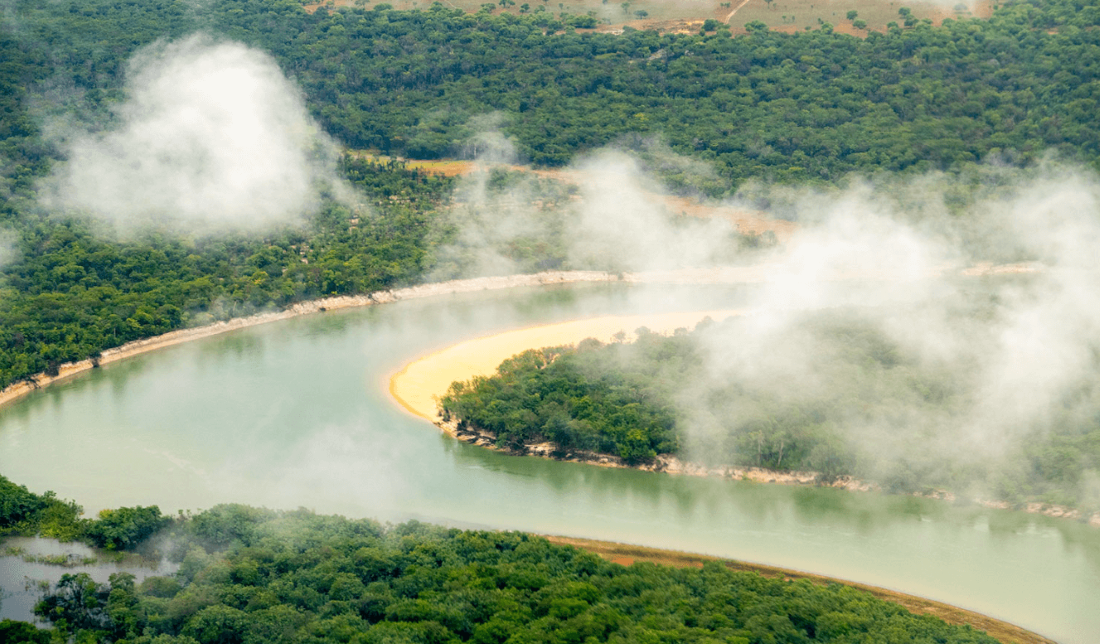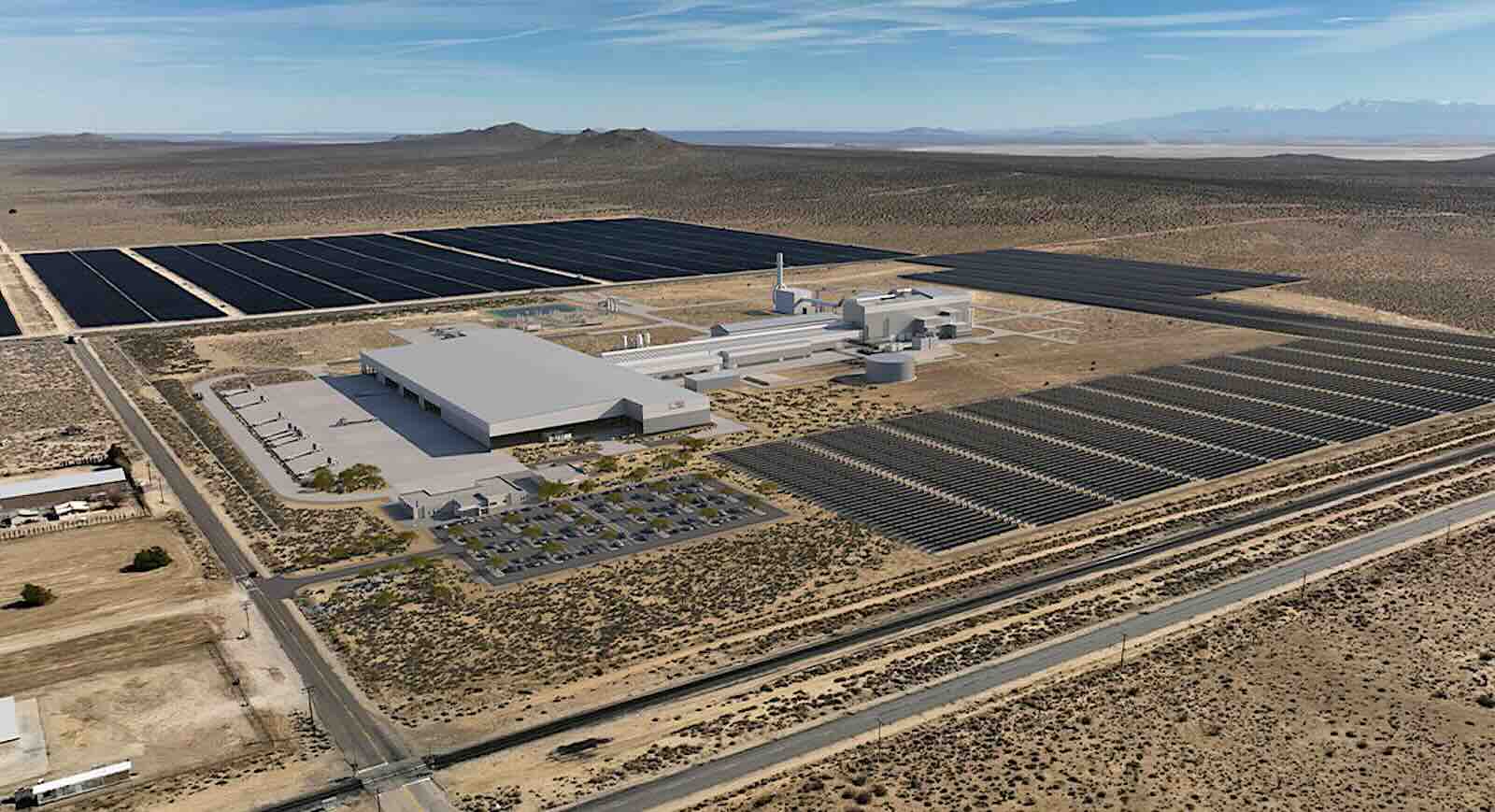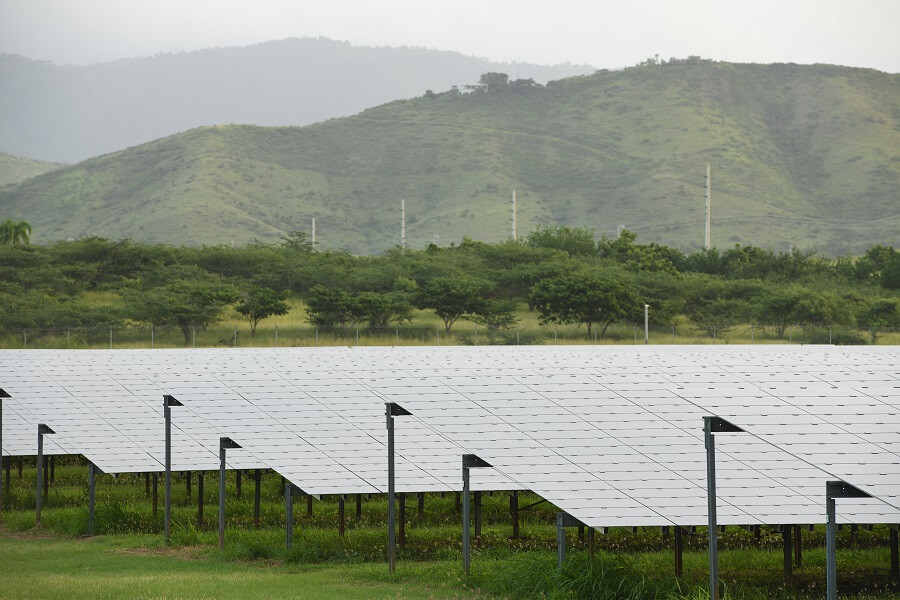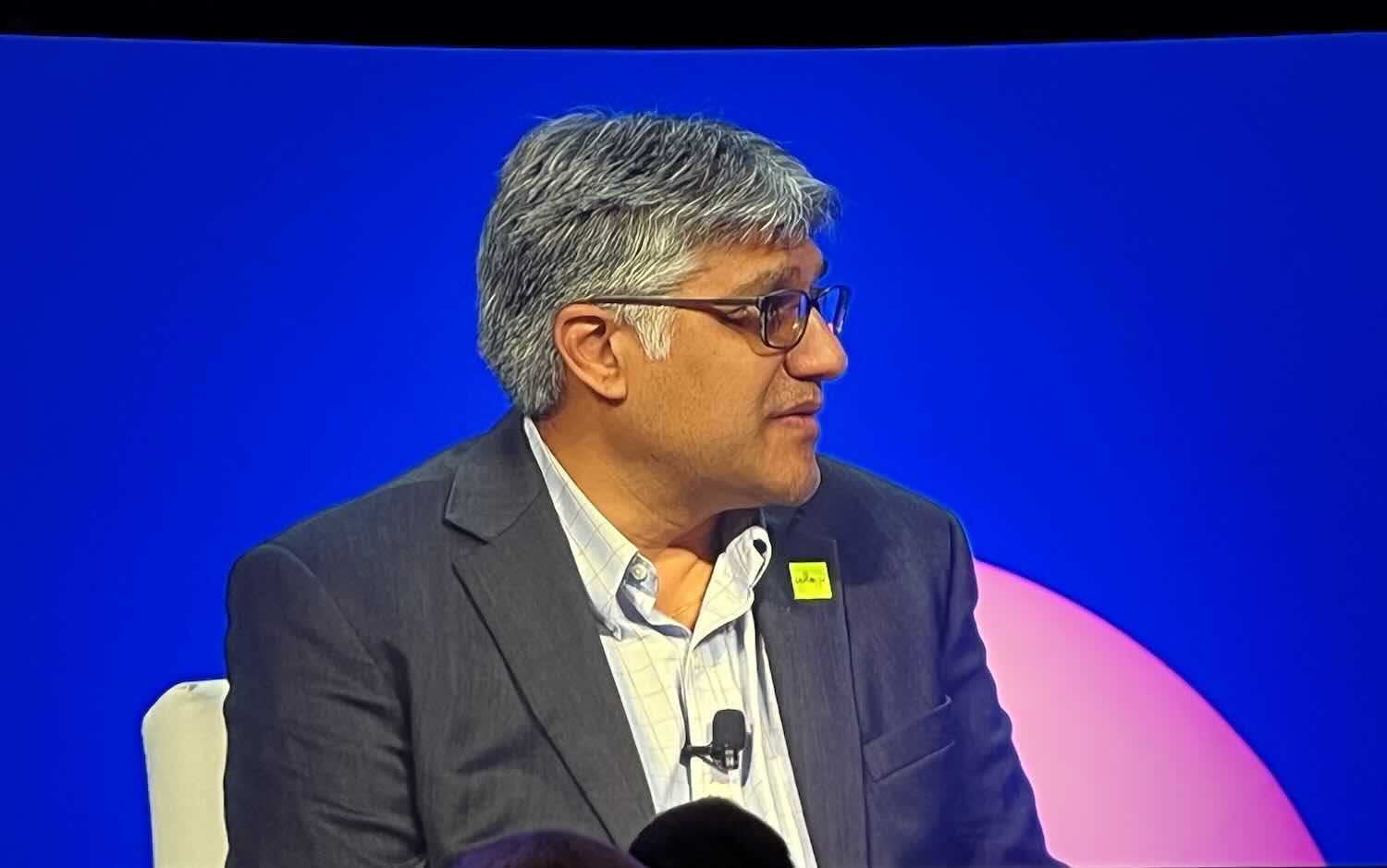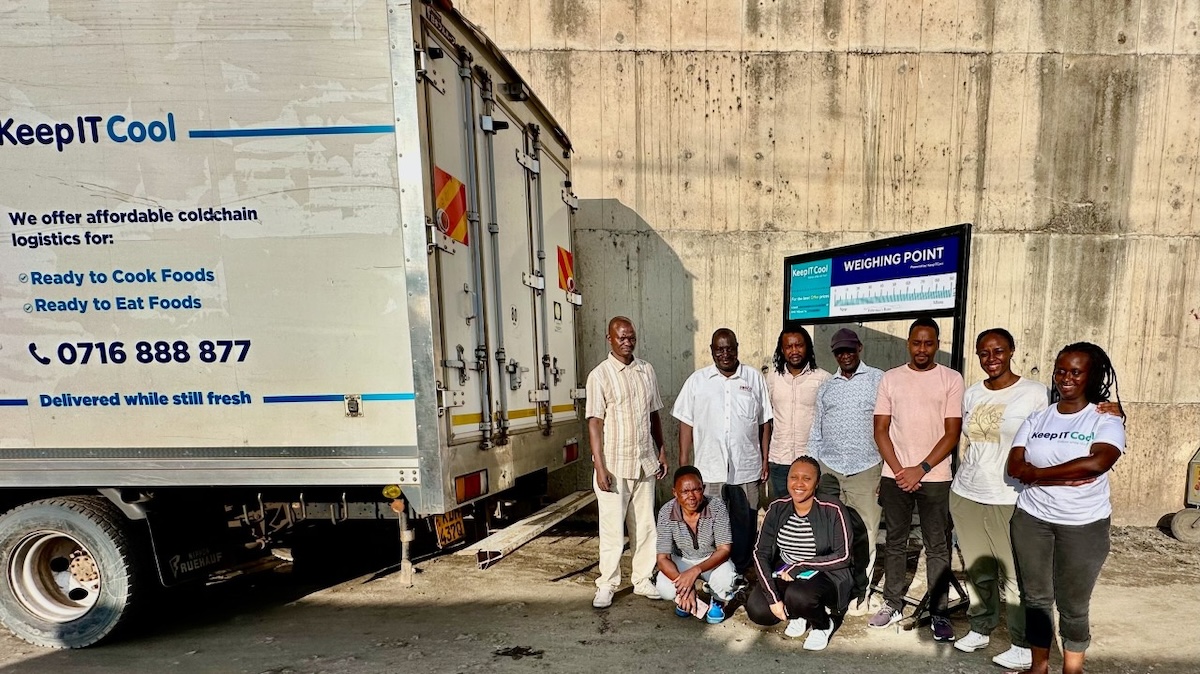New international standards for a centralized carbon market were agreed to this week at the COP29 summit in Baku, Azerbaijan. In Colombia, Temasek’s GenZero decarbonization investment group is teaming up with Trafigura, an employee-owned oil and metal trading company, on a $100 million carbon credit project.
The Brújula Verde is an initiative to restore land degraded from wildfires and agricultural activities in the country’s Orinoco River Basin. InverBosques, a forest management company, is handling the planting with a goal of nurturing 24 million trees on 25,000 acres. The new trees will remove and sequester carbon; carbon credits will be issued starting late next year.
“It is a unique project which adopts a restoration bridge concept by reconditioning soil health through reforestation, which enables the reintegration of native species gradually,” said GenZero’s Hoon Ling Min. “This in turn supports the delivery of high-quality carbon credits, essential in broader efforts to build high-integrity carbon markets.”
Carbon standards
The new global carbon market standards aim is to improve the integrity of carbon offsets in light of rampant greenwashing in voluntary markets, with guidelines for developing and assessing carbon projects under the Paris Agreement Crediting Mechanism.
Critics argue that the new standards were rushed and don’t go far enough to protect human rights. “When operational, these carbon markets will help countries implement their climate plans faster and cheaper, driving down emissions,” said the UN’s Simon Stiell. “We are a long way from halving emissions this decade, but wins on carbon markets here at COP29 will help us get back in that race.”



